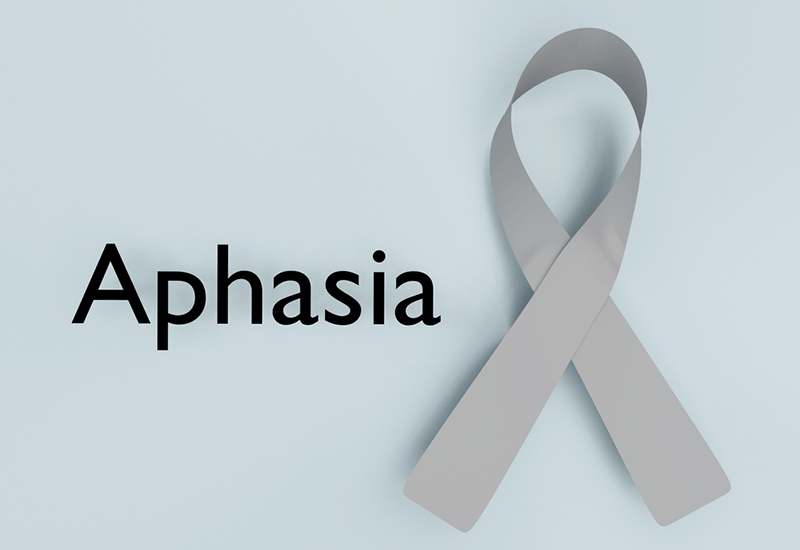What Is Aphasia? Causes, Symptoms & Treatment
Aphasia, a condition often shrouded in misunderstanding, has a profound impact on individuals’ ability to communicate effectively. In this post, we will learn about what is aphasia, shedding light on its causes, symptoms, and the evolving landscape of treatment.
Decoding Aphasia: What Is It?
Aphasia is a neurological condition that affects the ability to comprehend and express language. It is typically caused by damage to the language centers of the brain, often resulting from stroke, traumatic brain injury, or other neurological disorders. The profound nature of aphasia goes beyond mere difficulty finding the right words; it disrupts the intricate dance between thoughts and words, impairing both spoken and written communication.
Understanding the root causes of aphasia is pivotal in developing effective treatment strategies. Stroke, the leading cause of aphasia, occurs when blood flow to a part of the brain is disrupted. Traumatic brain injuries, tumors, and progressive neurological conditions such as Alzheimer’s disease can also precipitate aphasia, highlighting the diverse range of factors contributing to this complex condition.
Types and Symptoms of Aphasia
Aphasia manifests in various forms, each with its own set of challenges. Broca’s aphasia, for instance, is characterized by difficulty forming grammatically correct sentences, while Wernicke’s aphasia involves producing sentences with incorrect or nonsensical words. Global aphasia, the most severe form, affects all aspects of language and communication.
Symptoms of aphasia can manifest in both expressive and receptive language skills. Individuals with aphasia may struggle to articulate thoughts, have difficulty understanding spoken or written language, or face challenges reading and writing. The impact on daily life can be profound, affecting work, relationships, and overall quality of life.
Treatment for Aphasia
While there is no cure for aphasia, various treatment approaches aim to improve communication and overall quality of life for individuals affected by this condition. Speech therapy, a cornerstone of aphasia treatment, focuses on rebuilding language skills through targeted exercises and strategies.
Intensive cognitive and aphasia programs have emerged as a promising avenue for individuals seeking comprehensive and immersive intervention. These programs are conducted in our specialized clinic, providing a structured and intensive environment for individuals with aphasia to work on their language skills. The immersive nature of these programs, combined with the expertise of speech-language pathologists in Open Lines® fosters a supportive space for rebuilding communication abilities.
Beyond traditional speech therapy, technology-assisted interventions are gaining traction in the field of aphasia treatment. Apps and software designed specifically for individuals with aphasia offer interactive exercises and practice scenarios, empowering individuals to continue their language rehabilitation outside of therapy sessions.
The Role of Support Systems
A crucial aspect of aphasia treatment lies in the support systems surrounding individuals affected by this condition. Family members, caregivers, and friends play a pivotal role in creating an environment that fosters communication and understanding. Education about aphasia, its challenges, and effective communication strategies can bridge the gap between those with aphasia and their loved ones.
Understanding what aphasia is entails recognizing its diverse causes, symptoms, and the evolving landscape of treatment. As we delve into the complexities of this condition, it becomes evident that a multidimensional approach, encompassing speech therapy, technology-assisted interventions, and supportive environments, holds the key to empowering individuals with aphasia on their journey toward improved communication and enhanced quality of life. Intensive cognitive and aphasia programs stand as beacons of hope, offering immersive experiences that can make a meaningful difference in the lives of those grappling with aphasia’s challenges.
If you’re struggling with communication difficulties, it’s time to turn to Open Lines®. Contact us via phone (212-430-6800), email [email protected], or by filling out our convenient contact form. Improve your communication skills and unlock your potential with Open Lines® Speech and Communication in New York today!
Get in Touch With Open Lines®















